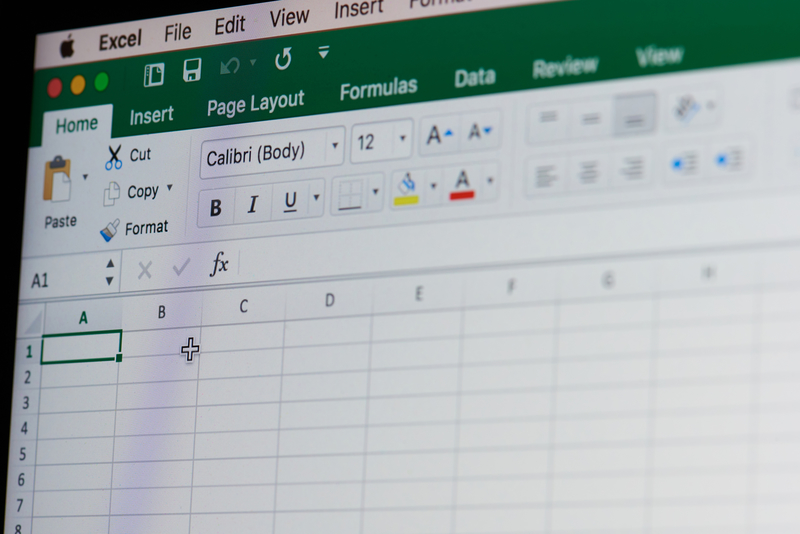eBooks beat their paper variants in the learning arena

 People that are used to reading printed books sometimes have reservations when it comes to eBooks. I’ve heard them say reading can feel a bit slower and that it’s harder to retain things. But what does science say? Are eBooks a good alternative for printed material?
People that are used to reading printed books sometimes have reservations when it comes to eBooks. I’ve heard them say reading can feel a bit slower and that it’s harder to retain things. But what does science say? Are eBooks a good alternative for printed material?
Students read faster on iPads
Contrary to what you might expect, a 2015 study from the University of Witwatersrand found that students were actually able to read faster on iPads than when they were using traditional books.*
What’s more is that the comprehension levels stayed the same. The higher reading pace didn’t have an impact on the quality of learning.
This research underscores the fact that often perception about a new medium is far from reality. EBooks seem to outperform traditional books.
“Digital Backtrack Learning” better than “Digital Sequential Learning”
Another 2015 study, from the Kyushu University, focused on the different learning styles that learners use when reading eBooks.**
They found that learners who go back to previous pages and chapters while learning, called “Digital Backtrack Learning”, were more likely to retain what they’ve learned than those who used a “Digital Sequential Learning” method, i.e. continue to read without backtracking.
What does this mean for eBooks? It means that by adding signposts, bookmarks and links to your eBooks, you can make a significant impact on the learning experience and effectiveness of “backtrackers” and reduce the threshold for “sequential learners” to use a backtracking approach.
Allowing readers to jump directly to specific chapters or pages is obviously a little hard when using printed books.
Additional benefits
Apart from the learning advantages of eBooks, there are other benefits that might make eBooks a better alternative.
Firstly, the fact you don’t have to do the actual printing will save you money and save the planet some trees. EBooks are generally cheaper and better for the environment than their traditional variants.
Secondly, you can often track usage. This is especially interesting for L&D managers that want to follow up on the performance of their learning systems.
Thirdly, it is quicker to expand your collection, browse through the available books and find exactly what you are looking for. You can start reading within minutes.
Fourthly, you can add notes or highlights to eBooks that don’t permanently damage the book but can just be edited or amended.
Fifthly, you can do a search in a book for a certain keyword, allowing you to quickly find the exact content you are looking for.
And the list goes on…
The verdict
When reading novels or other fiction, I can completely understand you’d want to go for an old-fashioned book. The smell of the paper and the feeling of flicking through the pages are part of the experience. But when it comes to books for professional learning, it might be worth considering the electronic variant to make the learning experience better, faster and more effective.
Thomas Buus Madsen is the COO and co-founder of Bookboon, the world’s largest eBook publisher for employee effectiveness and soft skills. By making its platform incredibly easy to use and only publishing industry-leading experts, Bookboon boasts some of the highest usage rates in the digital learning sector.
Get a free copy now of Bookboon’s “21st Century Corporate Learning & Development” by Prof. Dr. Nick van Dam, Global Chief Learning Officer at McKinsey & Co.
* Source: http://www.sajournalofeducation.co.za/index.php/saje/article/viewFile/1202/603
** Source: http://mark-lab.net/wp-content/uploads/2012/06/Yin_et_al_ICCE2015.pdf




